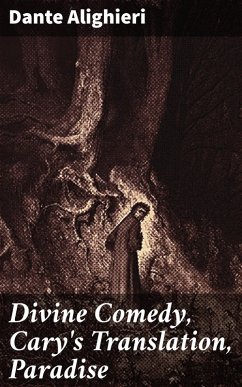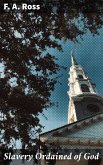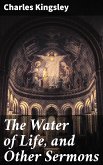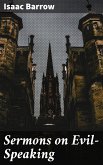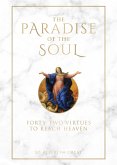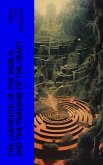In Dante Alighieri's seminal work, 'Divine Comedy, Cary's Translation, Paradise,' the author intricately weaves a narrative that transcends the boundaries of the earthly realm, exploring theological and philosophical themes through a journey of souls in the afterlife. The literary style is a masterful blend of allegory and poetic language, employing terza rima to create musicality and depth. Through a rich tapestry of imagery and profound symbolism, Dante delves into concepts of divine justice, love, and the ultimate quest for redemption, revealing the intricacies of heaven and the celestial hierarchy that governs it. This section of the Divine Comedy serves as both a culmination of Dante'Äôs journey and a reflection upon the human soul's aspirations toward the divine. Dante Alighieri, a Florentine poet and philosopher of the late Middle Ages, drew inspiration from his personal experiences and the sociopolitical turmoil of his times. His exile from Florence ignited a deep contemplation of morality and spirituality, manifesting in this poetic endeavor. Dante's profound understanding of classical philosophy, theology, and human experience lends him a unique voice within the literary canon, as he sought to reconcile human reason with divine faith. For readers seeking a profound spiritual and aesthetic experience, 'Divine Comedy, Cary's Translation, Paradise' is indispensable. Its exploration of the human condition, along with its rich allegorical layers, makes it a compelling read for those intrigued by the intersection of faith, philosophy, and art. Dante'Äôs timeless insights resonate through the ages, inviting readers to reflect on their own journey toward enlightenment.
Dieser Download kann aus rechtlichen Gründen nur mit Rechnungsadresse in A, B, BG, CY, CZ, D, DK, EW, E, FIN, F, GR, H, IRL, I, LT, L, LR, M, NL, PL, P, R, S, SLO, SK ausgeliefert werden.

